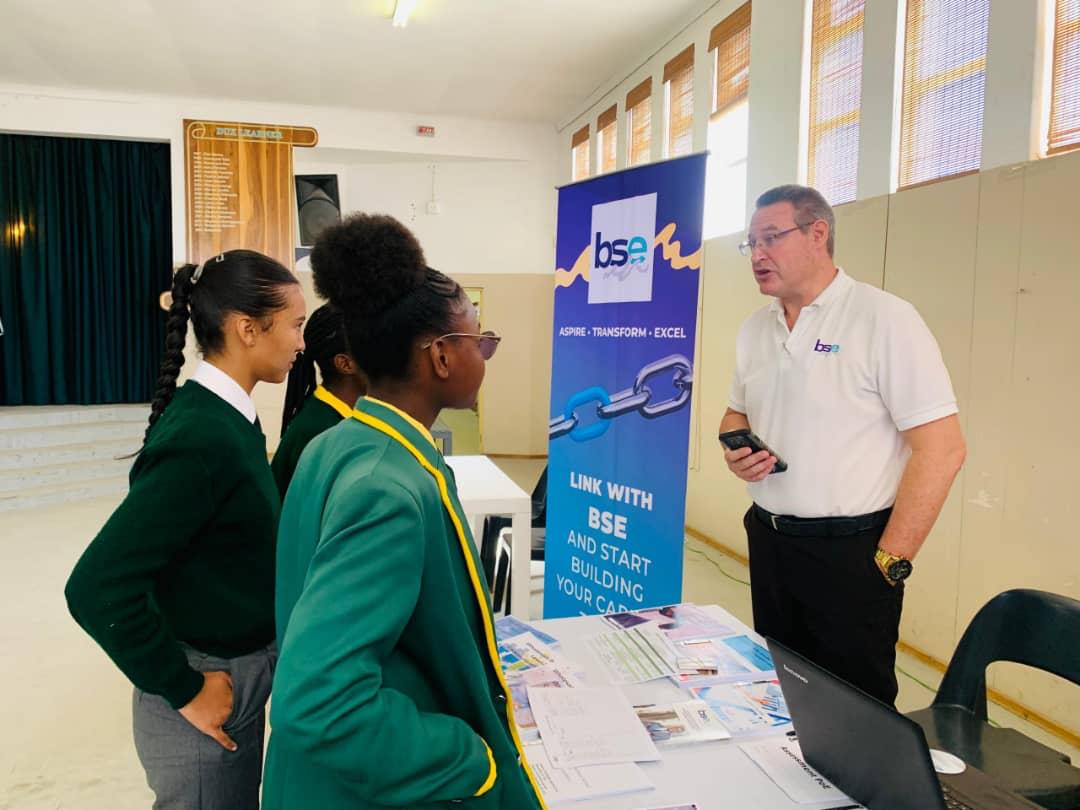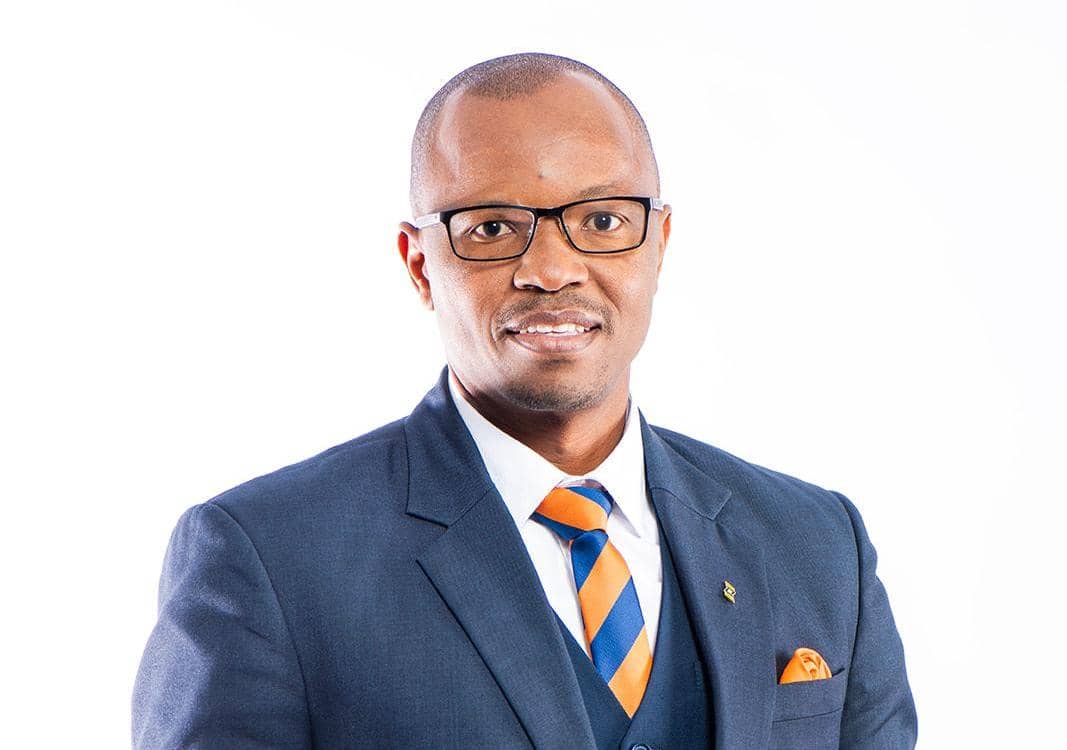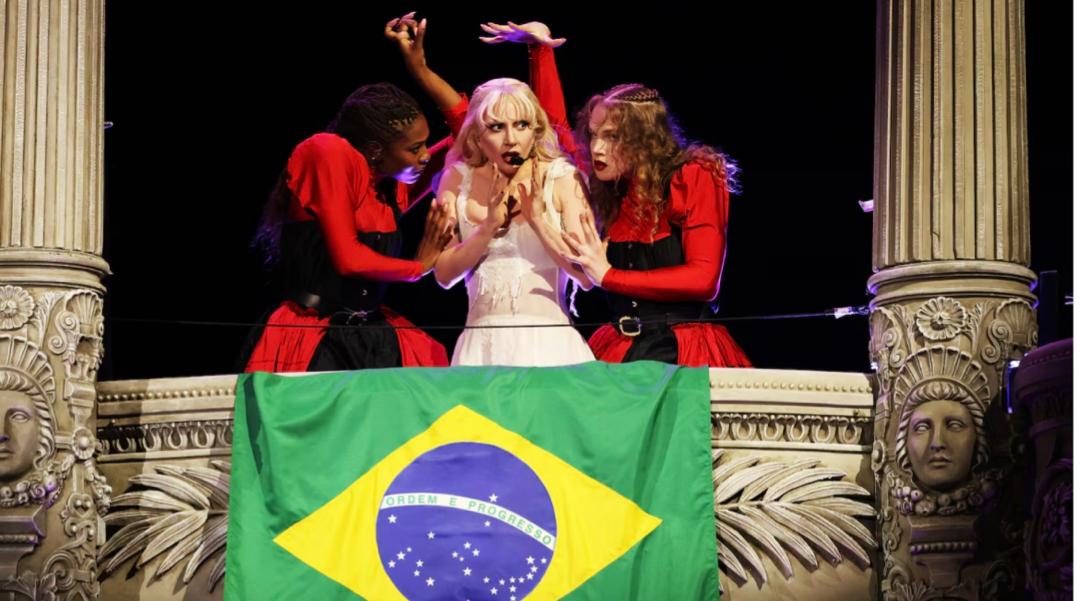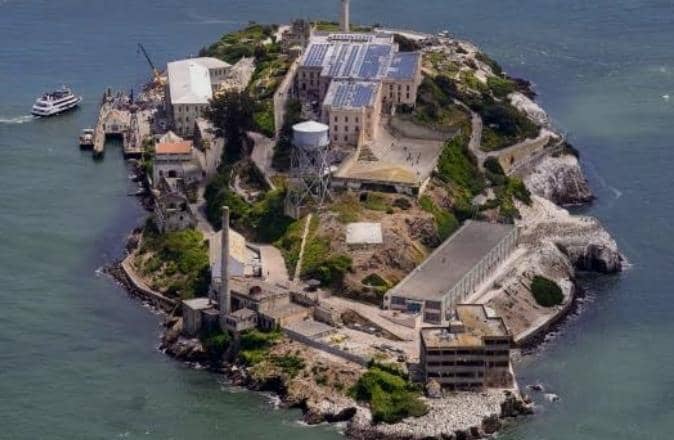The Russian press yesterday slammed the decision by a Moscow court to declare oil giant Yukos bankrupt and said the move contradicted earlier promises made by Russian President Vladimir Putin.
“Moscow’s arbitration court yesterday acted against the interests of power, of the government and the Russian economy,” the daily Vremya Novostei wrote. Putin pledged in June 2004 to save Yukos from bankruptcy, insisting that Russia had “no interest in the bankruptcy of a company like Yukos”.Nevertheless the company was driven into the ground, the business daily Vedomosti noted, blaming “three years of relentless work by prosecutors”.”They drew a cross on (the tomb of) Yukos,” was the headline in Izvestia, which referred to the unprecedented legal campaign against the group, seen by critics as vengeance directed from behind the scenes by the Kremlin.Tuesday’s court decision marked the end of a company that had become a virtual empire under ambitious former chief executive Mikhail Khodorkovsky, who is now serving an eight-year prison sentence for financial crimes in Siberia.Khodorkovsky, who bought a controlling stake in Yukos in 1995, led the company to become Russia’s oil leader and became the country’s richest man in the process, until his arrest by security officers in 2003.Newspapers speculated on future owners of Yukos’ assets.”Now, Yukos’ assets will be auctioned off.And there is a good deal to sell,” Izvestia said, referring to state-controlled gas group Gazprom’s interest in buying the 20 per cent that Yukos still holds in Sibneft.”If we consider the situation from a purely economic point of view and we don’t take into account legal and moral aspects of the affair, it’s probably possible to say that the distribution of Yukos’ last assets will benefit the growth of (Russia’s) GDP,” Vedomosti said.Nampa-AFPPutin pledged in June 2004 to save Yukos from bankruptcy, insisting that Russia had “no interest in the bankruptcy of a company like Yukos”.Nevertheless the company was driven into the ground, the business daily Vedomosti noted, blaming “three years of relentless work by prosecutors”.”They drew a cross on (the tomb of) Yukos,” was the headline in Izvestia, which referred to the unprecedented legal campaign against the group, seen by critics as vengeance directed from behind the scenes by the Kremlin.Tuesday’s court decision marked the end of a company that had become a virtual empire under ambitious former chief executive Mikhail Khodorkovsky, who is now serving an eight-year prison sentence for financial crimes in Siberia.Khodorkovsky, who bought a controlling stake in Yukos in 1995, led the company to become Russia’s oil leader and became the country’s richest man in the process, until his arrest by security officers in 2003.Newspapers speculated on future owners of Yukos’ assets.”Now, Yukos’ assets will be auctioned off.And there is a good deal to sell,” Izvestia said, referring to state-controlled gas group Gazprom’s interest in buying the 20 per cent that Yukos still holds in Sibneft.”If we consider the situation from a purely economic point of view and we don’t take into account legal and moral aspects of the affair, it’s probably possible to say that the distribution of Yukos’ last assets will benefit the growth of (Russia’s) GDP,” Vedomosti said.Nampa-AFP
Stay informed with The Namibian – your source for credible journalism. Get in-depth reporting and opinions for
only N$85 a month. Invest in journalism, invest in democracy –
Subscribe Now!










